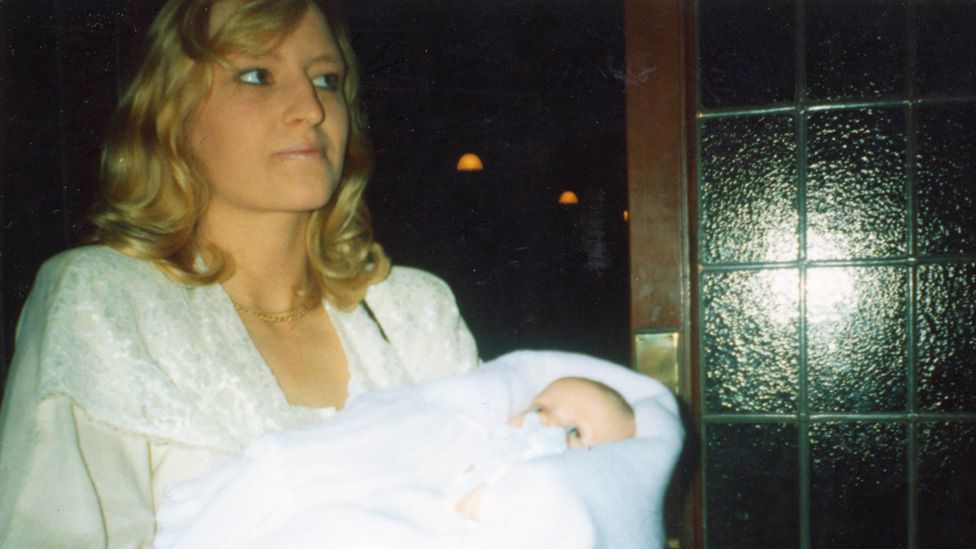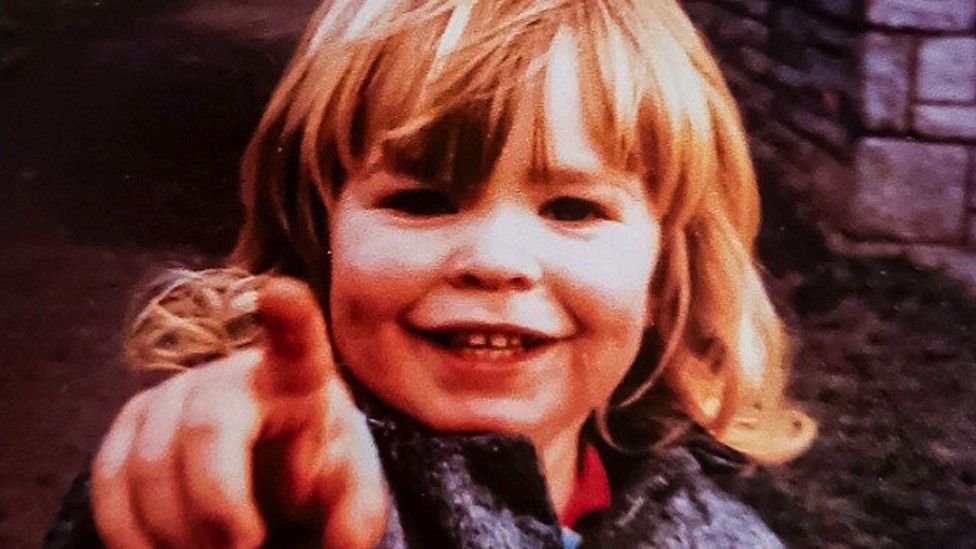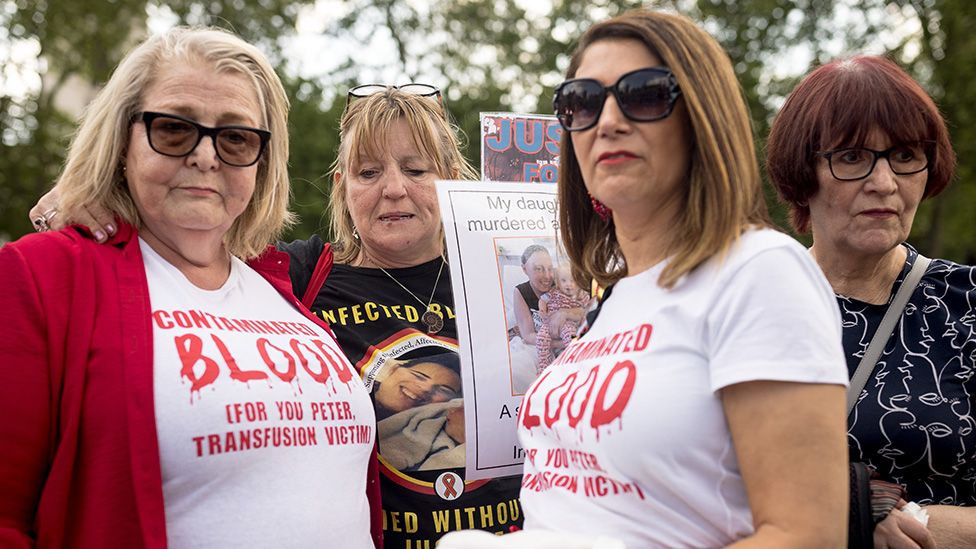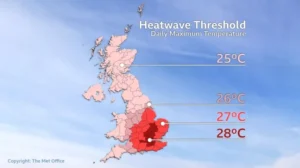Infected blood victims could get £2m compensation
Government unveils package after final report of public inquiry into scandal published on Monday.
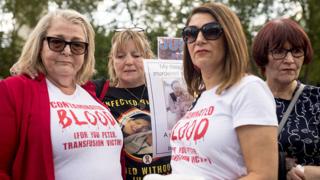
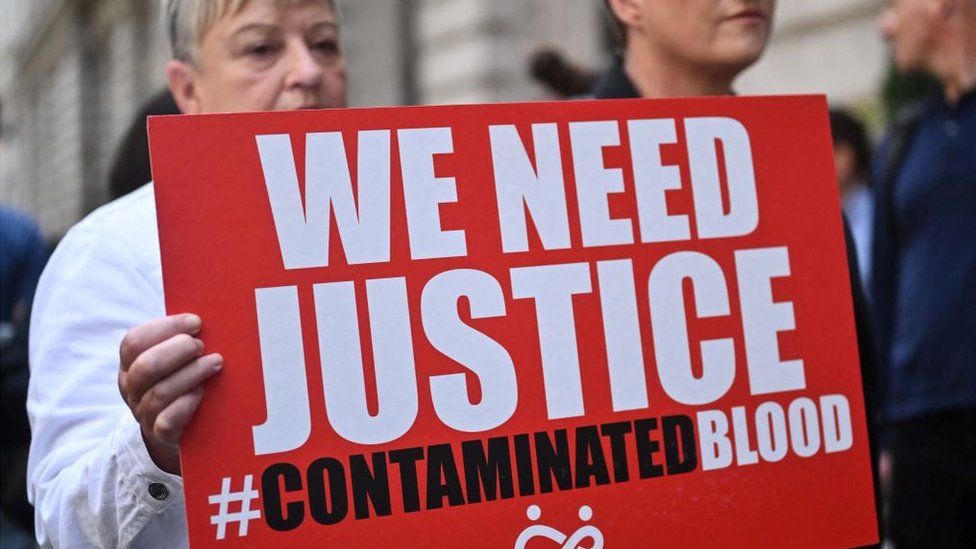
Infected blood victims could each receive payments of more than £2 million under a compensation scheme announced by the government.
Ministers set out the figures as they unveiled the proposed scheme following publication of the public inquiry’s report into the scandal on Monday.
That said authorities covered up the scandal and exposed victims to unacceptable risks.
The government said the first payments will be made by the end of the year.
In the meantime, it said it would make extra interim payments of £210,000 over the summer.
Those will be to 4,000 victims who have already received payments of £100,000.
But the government said compensation would eventually be made available to a much wider group of people, including to the family and loved-ones of those who have been infected. This could include the children or parents – the first time they will have received any financial payment.
The total cost could eventually be in the region of £10 billion.
The infected blood inquiry has been called the worst treatment disaster in the history of the NHS.
More than 30,000 people were infected with HIV and hepatitis C from 1970 to 1991 by contaminated blood products and transfusions.
About 3,000 of them have since died – many haemophiliacs given infected blood products as part of their treatment.
‘Five criteria’
The compensation due will be judged under five criteria:
-
injury and harm caused
-
social impact from stigma and isolation
-
impact on autonomy and private life, such as not being able to have children
-
care costs
-
financial loss
The government said payments would depend on individual circumstances, but typical payouts for those infected with HIV, or for HIV plus hepatitis, would be in excess of £2 million.
Those with a hepatitis infection causing liver damage would get around £1 million.
Those who face extreme care costs or who were very high earners before infection could get even more.

Infected blood inquiry: Read more

The figures released also give examples of compensation awards for the family members of those infected.
The partner of someone infected with HIV who is still alive today, for example, should expect to receive around £110,000, while a child could get £55,000.
If their loved-one has died and they were financially dependent on them, annual payments are available.
The scheme will be administered by a new body called the Infected Blood Compensation Authority, which will be led initially by Sir Robert Francis, who chaired the inquiry into the Stafford Hospital scandal.
It is proposed that the compensation will be taken as a lump sum or series of payments. The plans will be consulted on over the coming weeks.
From next April, the compensation scheme will effectively replace the existing financial support scheme – versions of which have been in place since 1989. In recent years they have been worth more than £40,000 a year to some, such as those who have been infected or, if they have died while benefitting, their partners.
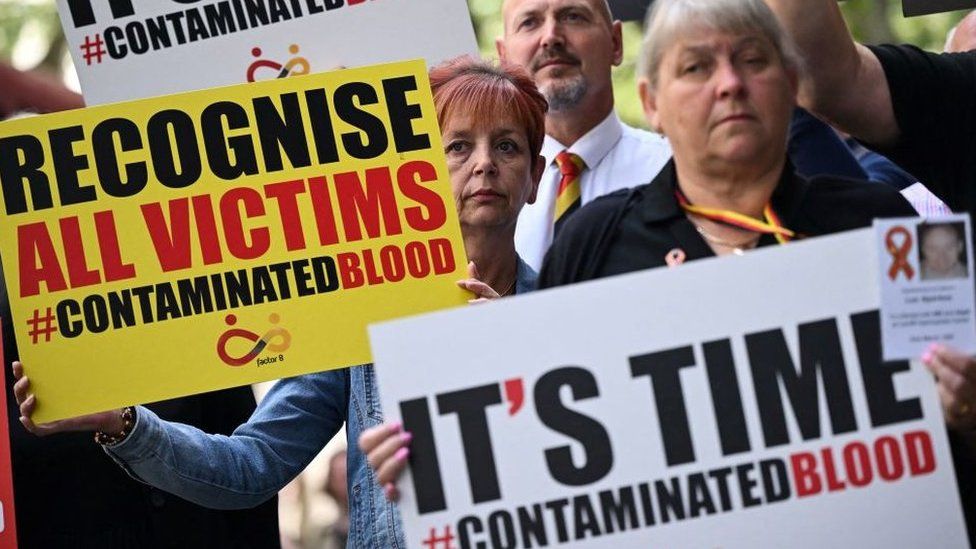
Announcing the details in the House of Commons, paymaster general John Glen repeated the apology made by Prime Minister Rishi Sunak on Monday, saying the victims had suffered “unimaginable pain”.
He said the publication of the public inquiry’s report was a “day of great humility for everyone”.
He hopes the compensation package will be welcomed: “The infected blood community know their cries for justice have been heard.”
Des Collins, of Collins Solicitors, which is representing over 500 families, said the news was a “positive step and broadly encouraging”.
But he criticised the government for not acting earlier, pointing out they were told to act on compensation by the public inquiry two years ago.
“The government has wasted valuable time. Why the promised further consultation has not happened sooner is also bewildering, but better late than never.”
Jason Evans, of the campaign group Factor 8, said he would need to carefully consider the compensation sums before commenting.
But he said he was concerned about the wait some face given the interim payments are only available to certain individuals.
“Today’s announcement will be a gut-punch to most bereaved families, who have still received no compensation at all.”

